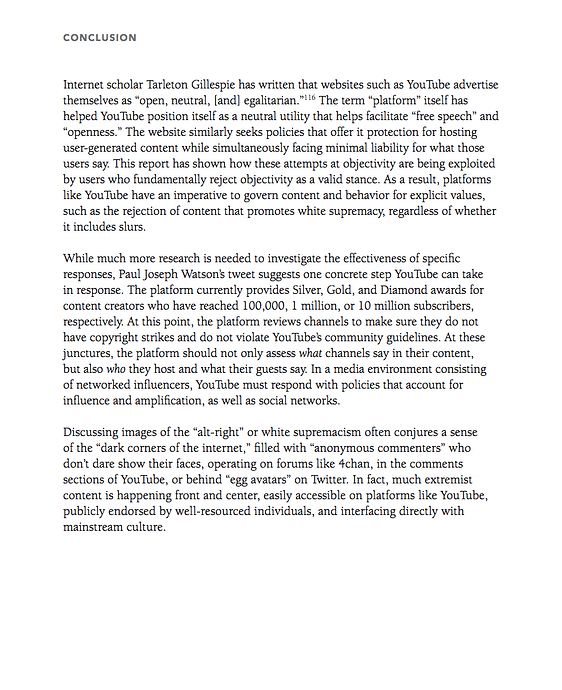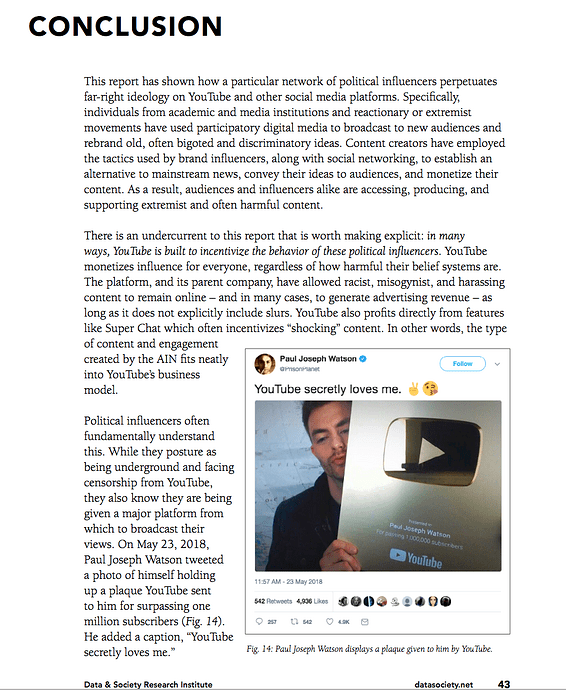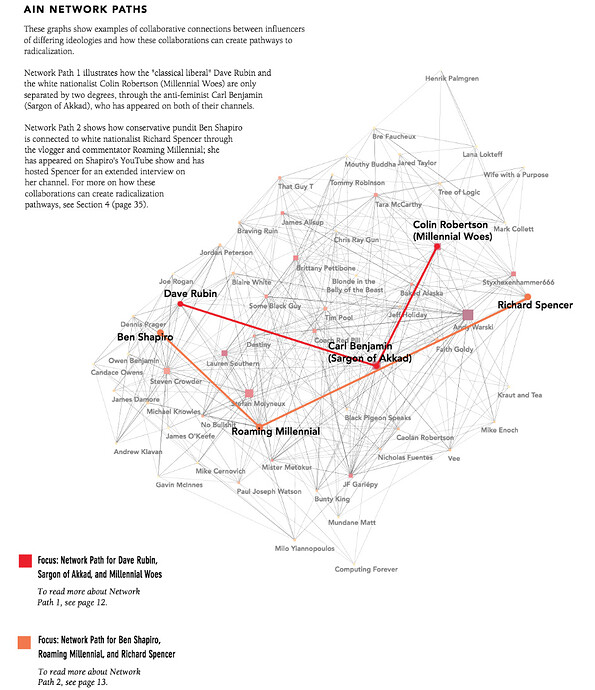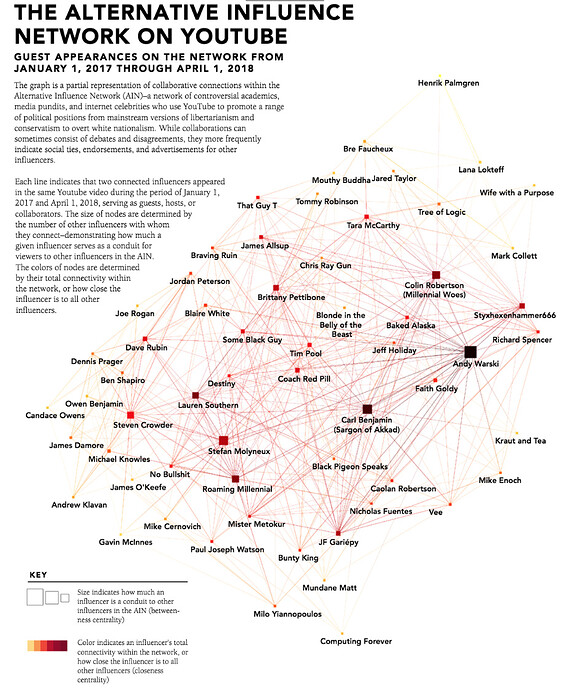We have just submitted the Social Contract as part of the reporting for the project. In it, I detailed some choices we have made in terms of naming the POPREBEL community ‘Wellbeing in Europe’, focusing on three main themes to start with (work, health, spirituality), as well as our thinking process. What is missing, and outside the scope of the report but very relevant to us, is how we expect to model theoretically the relationship between people’s issues with forming of / reactions to populism.
As community builders, the approach is to expand our list of questions to participants after we hear life stories - asking how they view politics, how the issues affect their political choices and responses to the political offer. We hope to make the connection there. But is there any theory informing it?
@Alberto is asking: Do you have a theory that “populism arises when something is wrong with people’s lives, for example work/health etc.”? It sounds reasonable, but it’s only just a theory, and not well supported by data at that. Competing theories: populism arises because it serves powerful interests, and the techniques exist to subvert hapless folks into joining the Brown Shirts; populism arises because people are inherently cruel. Maybe others. If we have a theory of populism underpinning our work, that needs to be out in the open. What does @Jan think?
Some excerpts from the report:
In order to study the supply side of populist politics (see Symbolic Thickening of Public Culture and the Rise of Right-Wing Populism in Poland - UCL Discovery), we are engaging people “where they are;” and thus we are focusing on the demand side. We ask: What do people demand? Why? How? Where do they get the ideas to demand this and not that? How is their “demanding” anchored in their lives?
To answer these questions in a compelling way, we contextualize them in a broader, engaging community narrative. The narrative is the ambitious story that points to where the whole effort converges, and is inclusive of the perspective of those we engage. The emphasis here is on how the project can contribute to bringing tangible benefits to those engaging in the conversation, with the added disclaimer that ours is a research project and partnership between different organisations.
Wellbeing in Europe is broadly introduced as following:
‘We are on a journey to help one another to find the right ways to navigate the changes that are happening in Europe. How are we building good lives against a backdrop of massive social, economic, political challenges? How are we creating opportunities for ourselves and where can we support one another better? In work, health, family, community life.’
This narrative has the advantage of being general or inclusive enough for a wide range of participants to join in, by not politicizing from the get go, or by dismissing those on the ‘wrong’ end of the political spectrum. This is in line with our stated goal of engaging with people on all sides of the political debates, but doing it with a constructive and respectful approach. As per the Grant Agreement, we use the word “populism” with caution, as it has negative connotations in some cultures, and might discourage supporters of the populist agenda. This does not mean community members and community managers cannot use it - if anything it will be more contextualized in the conversations, and carry the added value of individuals representing themselves and not the project, in their contributions.
One of the biggest challenges is creating a conversation about topics which people care about and frame the output of the conversation in a way that makes it possible for groups to act on it. The entry point into the conversation is an invitation to participants to contribute. To that end, we identified a list of priority issues to cover multiple population groups; we agreed on a set of issues to start with, and then we framed questions to make connections between these issues.
Here is a snapshot of the thinking:
We want to see a meaningful democratic debate, by connecting issues people care about with political discourse and action in their country i.e. for European elections; for national governments etc.
Societal problems are complex and quite common is that nobody knows what’s going on, who can one trust, who are the authority figures.
What are issues many people care about? Work and health are at the core of meeting basic needs of wellbeing. Migration and travel are hot topics in the media, but they might not affect the core wellbeing of people.
Are there subterranean themes interesting to explore? the shift in religious beliefs, sources of existential angst i.e. crisis of masculinity
Who could be the first ones to participate and help us understand better the national/ local contexts? How are others in a similar situation dealing with it?
Where do we find them? What would be considered to be a fun activity? What would draw them to go to a meeting, to feel comfortable in that specific group? What do the members of the group have in common, what defines them culturally?




